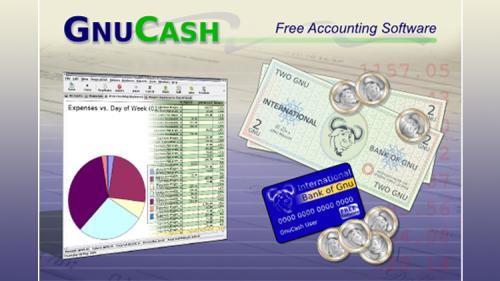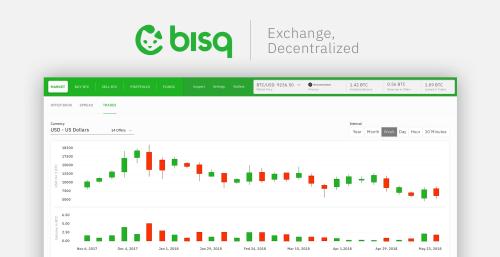The KDE Localization server is the platform for KDE translators, writers, XML wizards, and everybody involved with the i18n and l10n of KDE. Here, you can find resources for translation and documentation work, such as:
- The KDE Translation HOWTO where you can find out how to introduce a new language to KDE, how to translate the user interface, the documentation, and everything related to this process.
- The current list of KDE translation teams and their coordinators, including mailing lists, web sites and a few hints about the status of the individual teams.
- The Tools Page — specialized software for translators and documenters, which has found a home on this server. Pointers to other programs are provided in the HOWTO, both for application and documentation work.
- Lists of what is already translated for both the applications and the documentation, and notes of what is what is not yet translated.
- To-do lists for both the applications and the documentation, telling you which programs have been translated so far and which translations need revisions. There's also a complete list for all languages available.
- Daily overviews of all application translations for each language team. Text files with all translated strings for consistency checks.
- ...and a lot of other useful things.
Keyboard Layout
By this option plasma users are able to change their favorite keyboard layouts in any type of language according to following picture.
This option is accessible by Programs Menu > Settings > System Settings > Input Devices > Keyboard settings > Layouts > Add

Language Setting
If anytime you decided to change the entire workspace language then you just need to check the following address:
Programs Menu > Settings > System Settings > Local > Country / Region & Language > Languages
If you couldn't find your favorite language in the list the you may need to install the necessary language files from package manager or simply Apper by Programs Menu > System > Apper (Software Management)

GnuCash Accounting
Application Main Features
- Double-Entry Accounting
- Stock/Bond/Mutual Fund Accounts
- Small-Business Accounting
- Reports, Graphs
- QIF/OFX/HBCI Import, Transaction Matching
- Scheduled Transactions
- Financial Calculations
Small Business Accounting Features
- Invoicing and Credit Notes (Credit note functionality was added with version 2.6)
- Accounts Receivable (A/R)
- Accounts Payable (A/P) including bills due reminders
- Employee expense voucher
- Limited Payroll Management through use of A/Receivable and A/Payable accounts.
- Depreciation
- Mapping to income tax schedules and TXF export for import into tax prep software (US)
- Setting up tax tables and applying sales tax on invoices

Electrum Wallet
- Safe - Your private keys are encrypted and never leave your computer.
- Forgiving - Your funds can be recovered from a secret phrase.
- Instant On - Electrum is fast, because it uses servers that index the Bitcoin blockchain.
- No Lock-In - You can export your private keys and use them in other Bitcoin clients.
- No Downtimes - Electrum servers are decentralized and redundant. Your wallet is never down.
- Proof Checking - Electrum Wallet verifies all the transactions in your history using SPV.
- Cold Storage - Keep your private keys offline, and go online with a watching-only wallet.
- Multisig - Split the permission to spend your coins between several wallets.
- Add-ons - Electrum supports third-party plugins: Multisig services, Hardware wallets, etc.

Bisq Network: an open-source desktop application that allows you to buy and sell bitcoins in exchange for national currencies, or alternative cryptocurrencies.
The Bisq application forms a peer-to-peer network by discovering, connecting to, and working with one another to implement the Bisq trading protocol. The Bisq network is fully peer-to-peer in that it requires no centrally-controlled servers and has no single points of failure.
Bisq is a decentralized bitcoin exchange network best understood in terms of its major components:
- Bisq is a cross-platform desktop application that allows anyone to buy and sell bitcoin in exchange for national currencies or other cryptocurrencies.
- Bisq is a trading protocol that enables individuals to exchange directly with one another over the internet, eliminating the need for trusted third party exchange services.
- Bisq is the peer-to-peer network formed by Bisq applications discovering, connecting to, and working with one another to implement the Bisq trading protocol. The Bisq network is fully peer-to-peer in that it requires no centrally-controlled servers and has no single points of failure.

Please login to rate this.
5/5 : 1000 Votes





